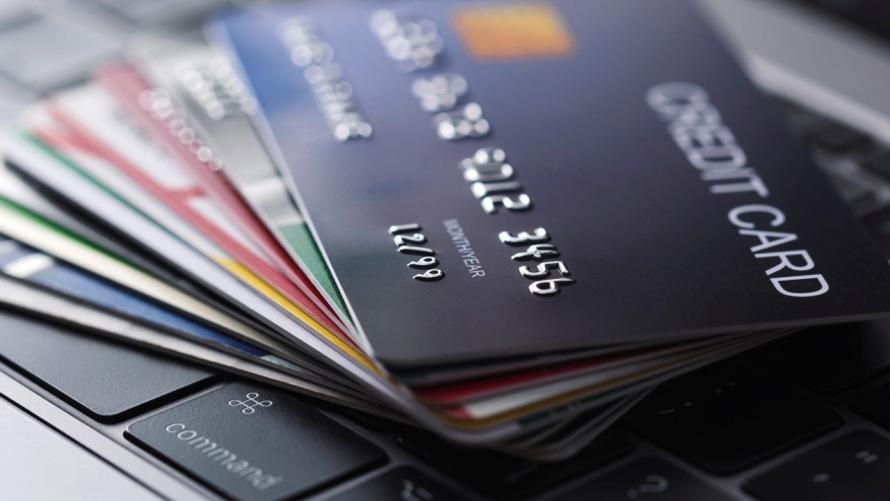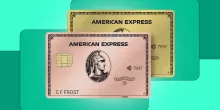Credit card defaults up 28% last year, touched Rs 6,742 crore

Credit card usage in India has grown a lot in the past few years, with more people spending and using digital payments. However, many are not paying their bills on time. As a result, unpaid credit card bills, also called NPAs, have gone up by 28.42% in just one year. By December 2024, these unpaid bills had reached ₹6,742 crore, rising from ₹5,250 crore in December 2023. While overall bad loans are coming down, credit card and personal loan defaults are increasing, mainly because these loans have high interest rates and no security.
To handle this growing risk, the Reserve Bank of India (RBI) asked banks to be more cautious with such loans in November 2023. Even so, credit card spending continues to rise. In just four years, the total spending went from ₹6.30 lakh crore in 2021 to ₹18.31 lakh crore in 2024. In January 2025 alone, people spent ₹1.84 lakh crore through credit cards. Also, the number of credit cards has increased from 6.10 crore in January 2021 to 10.88 crore in January 2025.
What Is a Credit Card Default?
When you don’t pay your credit card bill for a long time—usually more than 90 days—it’s called a default. After this period, the bank marks your unpaid bill as a non-performing asset (NPA).
In short: you borrowed money, didn’t pay it back on time, and now it’s hurting both you and the bank.
The Big Numbers
- In February 2023, credit card defaults stood at Rs 5,270 crore.
- By February 2024, they increased to Rs 6,742 crore.
- That’s a 28% jump in just one year!
At the same time, the total amount of money that people owe on credit cards (called "outstanding") also went up, reaching Rs 2.48 lakh crore.
Why Are So Many People Defaulting?
- Easy Access to Credit Cards: Thanks to digital apps and online banking, getting a credit card is now easier than ever. But some people who get cards may not be fully ready to handle them.
- High Interest Rates: Credit cards often charge 35% to 45% interest per year—much higher than regular loans. If you miss one payment, your debt can grow very fast.
- Overspending: Many people use credit cards to buy things they can’t really afford—especially under offers like “Buy Now, Pay Later” or easy EMIs. Later, they struggle to repay.
- First-Time Users: A large number of defaulters are young professionals or students who are new to credit cards. They often don’t realize how quickly interest adds up if you don’t pay the full amount.
- Money Problems: With rising prices, job losses, and economic stress, some people simply don’t have the money to pay their bills. So, they skip payments and fall deeper into debt.
How Does This Affect You?
- For Credit Card Users: If you default, your credit score drops. This score is super important when you want to take a loan in the future—like for a car, house, or even a business. A low score can lead to loan rejections or higher interest rates. Also, if your bill keeps growing with interest and late fees, it can become very hard to clear later.
- For Banks: When lots of people don’t repay, banks lose money. They may start checking customers more strictly before giving out cards or may lower the credit limit for risky users.
- For the Country: A rise in defaults shows that people are under financial stress, and that can be a sign of deeper problems in the economy.
Simple Tips to Stay Safe from Credit Card Debt
- Always pay your full bill on time. Don’t just pay the “minimum due”—that keeps the debt going.
- Try to use less than 30% of your card limit. For example, if your limit is Rs 1 lakh, try not to spend more than Rs 30,000.
- Avoid unnecessary EMI plans or delayed payments unless you’ve planned your budget well.
- Track your expenses weekly. Use an app or even a simple notebook to check where your money is going.
- Build a small emergency fund. It helps you avoid using your credit card when an unexpected expense comes up.
Final Words
The news of Rs 6,742 crore in credit card defaults is a wake-up call for all of us. While credit cards are useful tools, they must be used wisely. Spending now and worrying later can lead to long-term problems. Remember, a credit card is like a knife—helpful if used properly, but dangerous if handled carelessly. Use it smartly, and you’ll be just fine.




Leave a Reply